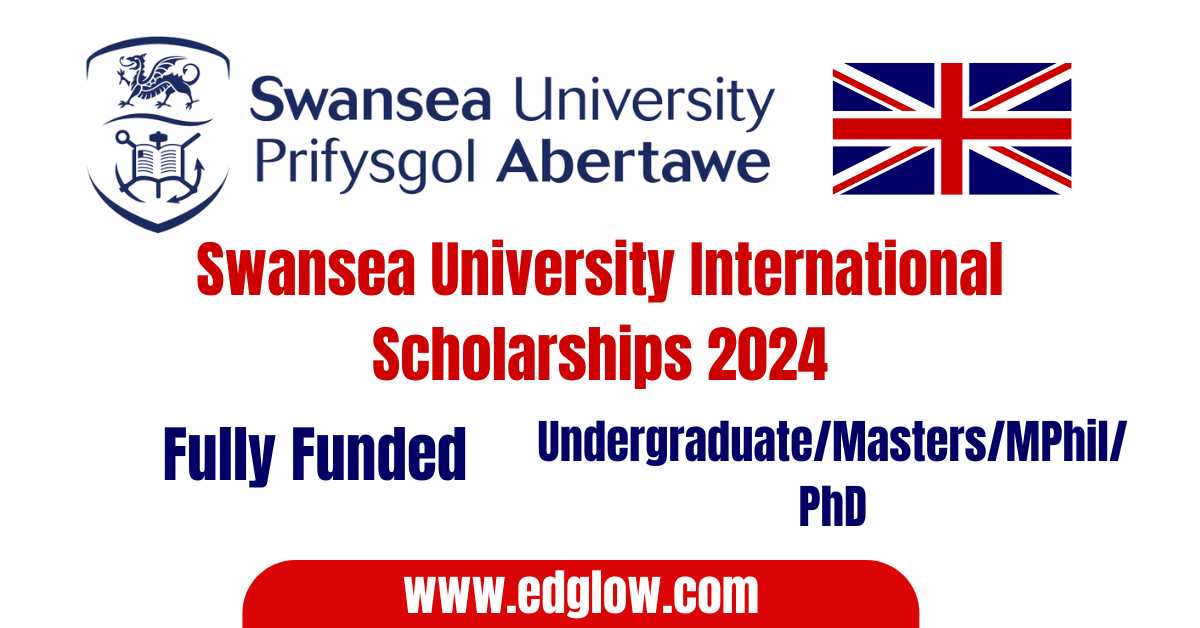The World Health Organization (WHO) is committed to improving the health and well-being of people all over the world. One of the ways it does this is through its scholarship program for developing countries. This program provides financial support to individuals from low- and middle-income countries who want to pursue a career in public health. In this blog, we will take a closer look at the WHO scholarships for developing countries and what they can offer.

What are WHO scholarships?
The WHO scholarship program for developing countries provides financial support to individuals from low- and middle-income countries who want to pursue a career in public health. The program is designed to help these individuals acquire the knowledge and skills they need to become effective public health professionals and make a positive impact in their communities.
The scholarships are awarded to students who are pursuing a degree or diploma in public health, health sciences, or a related field. The program covers tuition and fees, as well as a stipend for living expenses and travel. The scholarships are available to students who are enrolled in universities or institutions of higher learning in WHO Member States.
The World Health Organization (WHO) is a specialized agency of the United Nations that is responsible for promoting and protecting global health. Established in 1948, WHO is dedicated to achieving better health for everyone, everywhere by providing leadership on health issues, shaping health research, and setting standards for health. The organization works in over 150 countries, collaborating with governments, civil society, and other partners to support the delivery of essential health services and to tackle the world’s most pressing health challenges. WHO is also a leading source of reliable, up-to-date information on health and health-related topics, and it provides technical assistance and support to countries to help them improve their health systems and achieve their health goals.
What are the benefits of WHO scholarships?
There are many benefits to receiving a WHO scholarship for developing countries. Some of the most notable benefits include:
- Financial support: The scholarship provides financial support to help cover the cost of tuition and living expenses, which can be a major barrier to pursuing a career in public health for many individuals from low- and middle-income countries.
- Professional development: By pursuing a degree or diploma in public health, health sciences, or a related field, recipients of the WHO scholarship can acquire the knowledge and skills they need to become effective public health professionals.
- Networking opportunities: The scholarship program provides opportunities to connect with other public health professionals and experts, which can be valuable for building relationships and advancing one’s career.
- Improved health outcomes: By becoming a public health professional, recipients of the WHO scholarship can help improve the health and well-being of people in their communities and beyond.
How to apply?
If you are interested in applying for a WHO scholarship for developing countries, here are the steps you need to follow:
- Check eligibility: Make sure you meet the eligibility criteria for the scholarship program, which typically include being a national of a low- or middle-income country and being enrolled in a university or institution of higher learning in a WHO Member State.
- Find a program: Search for a degree or diploma program in public health, health sciences, or a related field that is available in your country.
- Submit an application: Complete the scholarship application form and submit it along with any required supporting documents, such as transcripts, letters of recommendation, and a personal statement.
- Await a decision: After you submit your application, the WHO will review it and make a decision on whether or not to award you a scholarship.
Conclusion
The WHO scholarships for developing countries are an excellent opportunity for individuals from low- and middle-income countries who want to pursue a career in public health. The scholarship program provides financial support, professional development opportunities, and a chance to make a positive impact in communities around the world. If you meet the eligibility criteria, we encourage you to apply for a scholarship today and take the first step towards a fulfilling career in public health.





